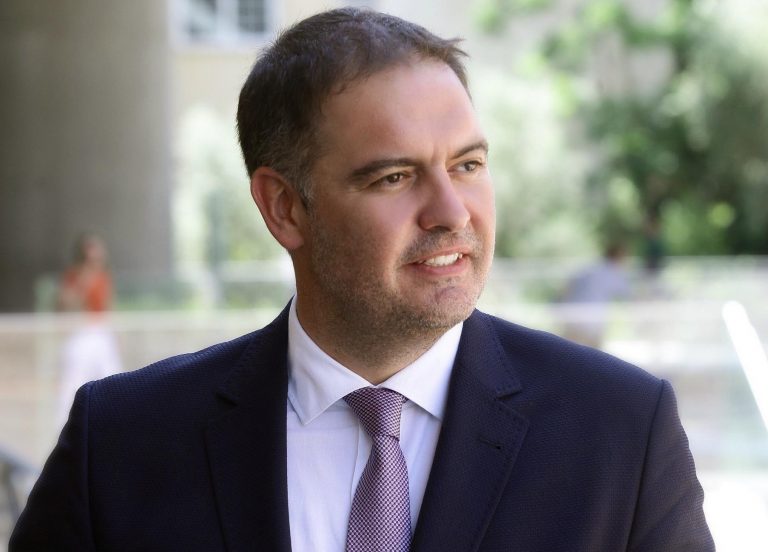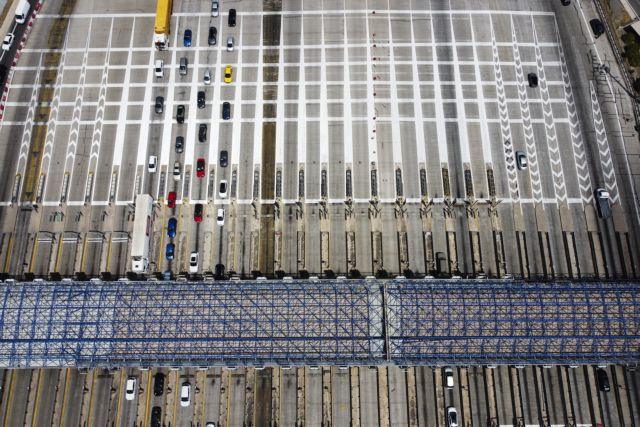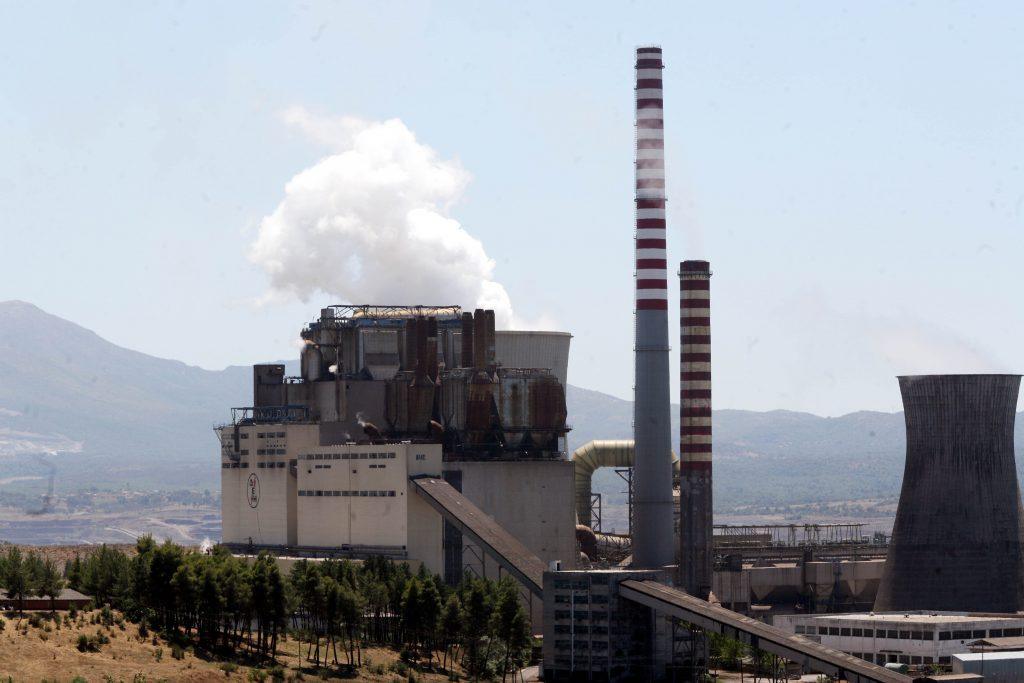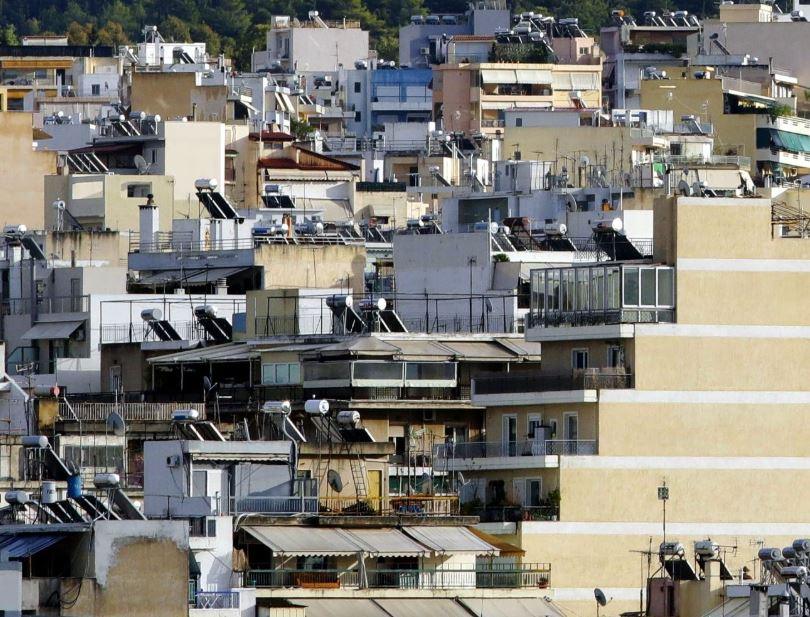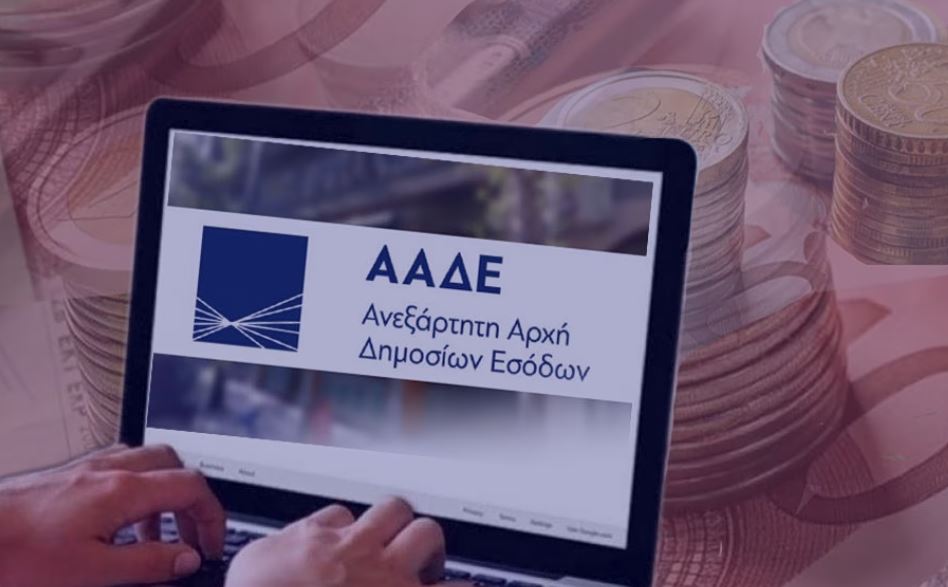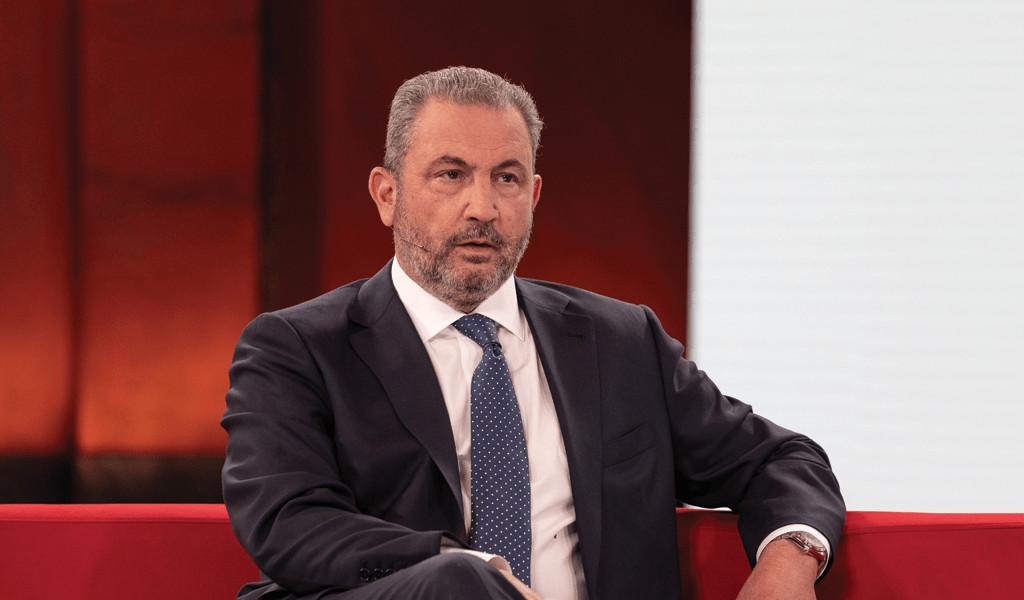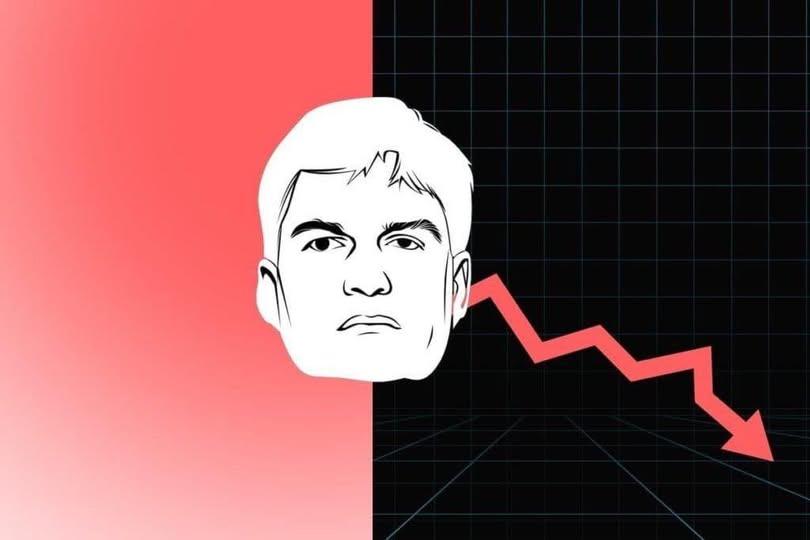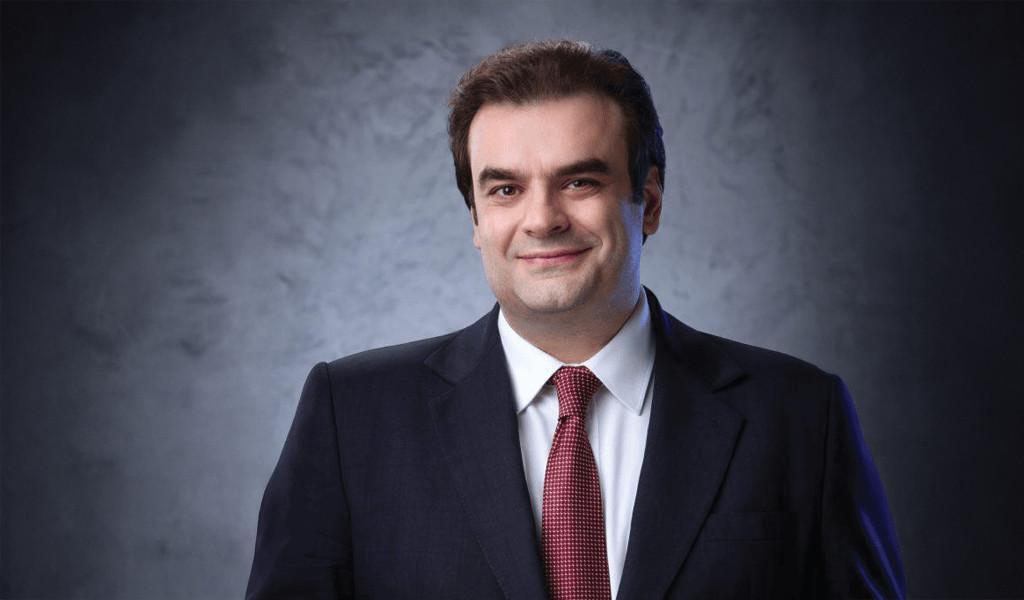The effects of the pandemic have left a deep negative imprint on the hospitality industry, with Eurostat warning of the risks since business bankruptcies in the sector increased by 100% in the last quarter of 2022. The above was emphasized in an interview with ot.gr by Mr. Alexandros Vasilikos, the first Greek president of HOTREC, the voice of the European hospitality industry. HOTREC (Hotel, Restaurant, Café) is the umbrella association of hotels, restaurants, bars and cafés and similar businesses and represents 45 national associations in 34 European countries. Mr. Vasilikos, president of the Hotel Chamber of Greece, spοke to ot.gr in his capacity as the president of HOTREC, about the goals of the Union and Greek tourism.
He also emphasized that both European and Greek hotels are significantly affected by rising energy and food prices and high inflation, the war in Ukraine, staff and skills shortages, but also the continuous increase in bank interest rates.
The entire interview of Mr. Vasilikos is as follows:
What are the priorities of Οtrec in 2023 and in general in the following years?
Despite the positive sign presented by the hospitality industry in 2022 after the COVID period, we should not ignore the fact that the effects of the pandemic have left a deep negative imprint on our industry, with Eurostat warning of the risks after bankruptcies businesses in the sector grew 100% in the last quarter of 2022 according to its data.
So for HOTREC it remains a top priority to empower restaurants, hotels and bars to deal with critical issues including high food and energy prices, increased inflation and staffing shortages.
Addressing these challenges is not easy and requires continuous exchanges of best practices and above all a solid horizontal collaboration with our members, industry partners and European institutions.
The effective representation of our members through a strong pan-European organization drives European hospitality forward and ensures its continued contribution to the well-being of societies and the development of the European economy as a whole. In highlighting the wealth of our continent, in all its expressions (culture, gastronomy, local production, etc.) as well as the European way of life.
What are the main problems of the European hotel and how common are they with the Greek one?
Although on the road to recovery, hotels in Europe will nevertheless be significantly affected by rising energy and food prices and high inflation. The war continues to have a negative impact on business and, together with other long-term and critical issues in the sector, such as staff and skills shortages, create huge challenges for the sector from one end of Europe to the other. The continuous increase in bank interest rates also has significant negative effects on the liquidity of hotel businesses, especially for businesses that are in the process of repaying past loans, with a significant amount of these being loans stemming from the Covid 19 period.
What is Hotrec’s position on short-term accommodation rentals?
For a decade, HOTREC has been watching the development of short-term rentals (STRs) in Europe with increasing concern. As we have emphasized many times, recently and in a related report, the phenomenon triggers serious problems, among which, unfair competition, undeclared work, exposure of consumers to risks regarding their security and undeclared tax income.
Late last year, the European Commission proposed new rules on the collection and sharing of data for short-term accommodation rental services:
We believe that this is an important tool to help authorities effectively deal with the critical issues that arise and therefore HOTREC warmly welcomed the proposal. However, we note that it could be improved and strengthened further. EU Member States have already reached an agreement and we still believe that the European Parliament could aim higher, for example by introducing mandatory recording and data systems in all EU Member States.
How does Hotrec deal with staffing shortages in the tourism sector. How are the different countries moving to deal with this problem?
HOTREC is actively engaged, together with the relevant European institutions, in finding possible solutions in both the short and long term for this global problem, which has reached an unprecedented peak after the COVID-19 pandemic.
We have recently published a related paper with the aim of analyzing this phenomenon and the reasons why it occurs and proposing concrete solutions. For example, the development of education and training programs and the promotion of digitized processes could be possible ways out of this crisis. Among other things, leveling the playing field with the short-term rental industry which is a very gray labor market, legal immigration, promoting different forms of work and the image of the industry.
Our report also describes the labor shortage situation recorded at the national level by our members in various European countries. And here I want to point out that small and medium-sized enterprises of the sector – that is, the majority of European hospitality enterprises – are particularly vulnerable in this matter. We therefore rely on continued EU and national support to meet the challenges.
How “European” are Greek hotels?
The Greek hotel follows some characteristics that are common throughout Europe. Small and medium enterprises, family in many cases. We see a continuous trend of upgrading the hotel web with the proliferation of 5-star and 4-star hotels that we also find in other European destinations. We must also note the fact that investment funds as well as foreign brands have started to enter our country much more than in the past, thus giving a vote of confidence. An important role is also played by the continuous upgrades of Greek hotels with 1 billion euros of investment every year. Finally, Greek hotels rank very high in reviews of European hospitality. So from every point of view, at least in the hotel industry, we are Europe.
What are the estimates of the Europeans for this year’s tourist season. Especially for Greece, what are the estimates?
There is subdued optimism as demand figures appear to remain strong, having come through a winter that ended up being better than expected. We have avoided negative growth scenarios in Europe, even if we still face high inflation. But this fact has so far not been able to stop the post-covid trend of spending on travel. As long as this trend is maintained, there is also the optimism of dealing with the large increases shown in all accounting lines of expenses by hospitality and catering businesses throughout Europe. Greece is included in this trend and confirms this, based on all the data we have so far.
What does your elevation to the position of president of Hotrec mean for you personally, the Greek hotel industry and the tourism of Greece?
It is a great honor but also a great responsibility to assume the duties of President of HOTREC, with the trust of European colleagues. An election that marks the recognition of the systematic work of the Hellenic Hotel Chamber to represent the industry at European level and the leading role of Greece in European tourism.
Hospitality is a major comparative advantage for the European economy, with 12 million employees in over 2,000,000 businesses, 90% of which are small and medium-sized hotels, restaurants and cafes. As is the case in Greece, hospitality is the backbone of small and medium entrepreneurship in Europe.
The equation that HOTREC’s executive committee is asked to solve is the following: how will the hospitality industry respond to simultaneous transitions (digital, green, energy, etc.) in an extremely fluid environment characterized by war, inflation and lack of human resources. I am convinced that with the excellent cooperation we have with all our members, the 45 national associations participating from 34 European countries, we will manage to solve the difficult equation, as we have done in the past.
And a question about Greece. What do you think will the performance of Greek hotels be in 2023?
I say at every opportunity that in 2023 we should not make estimates for the performance of 2023. In any case, apart from advertising, there is very little room for intervention by anyone in shaping the season. We can’t build golf courses or convention centers, we can’t have more marinas and ports, we can’t put in more airplanes. Practically, only the tariff policy is in our hands in case we need to boost arrivals in the country, which is not visible at the moment.
That is why the purpose is not to discuss the current season but to discuss the perspective of each destination based on its own sustainable development strategy, with a selection of thematic sections for which it should create the necessary infrastructure as well as with a targeted promotion of its differentiation and its identity. This is the bet of Greek tourism and the sooner we manage to realize it and win it, the more important the long-term benefits will be for Greece.
